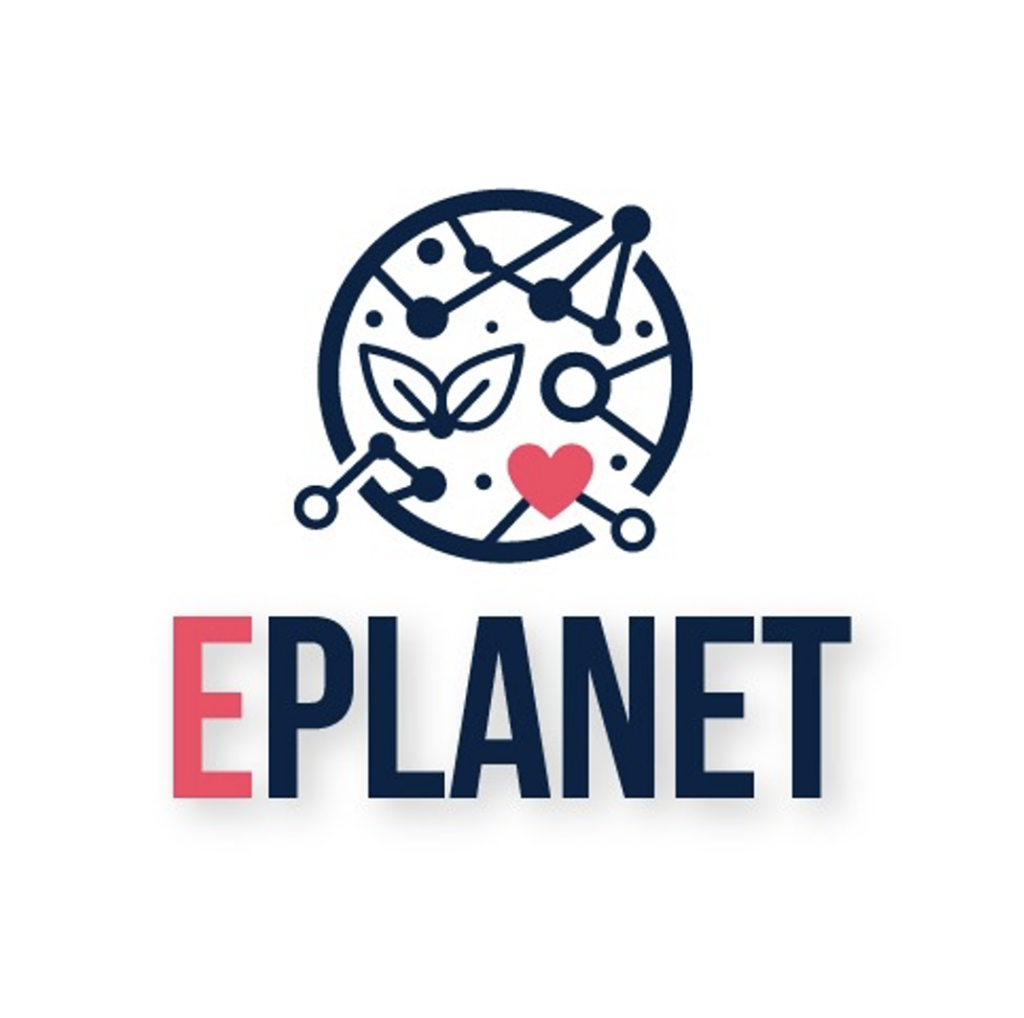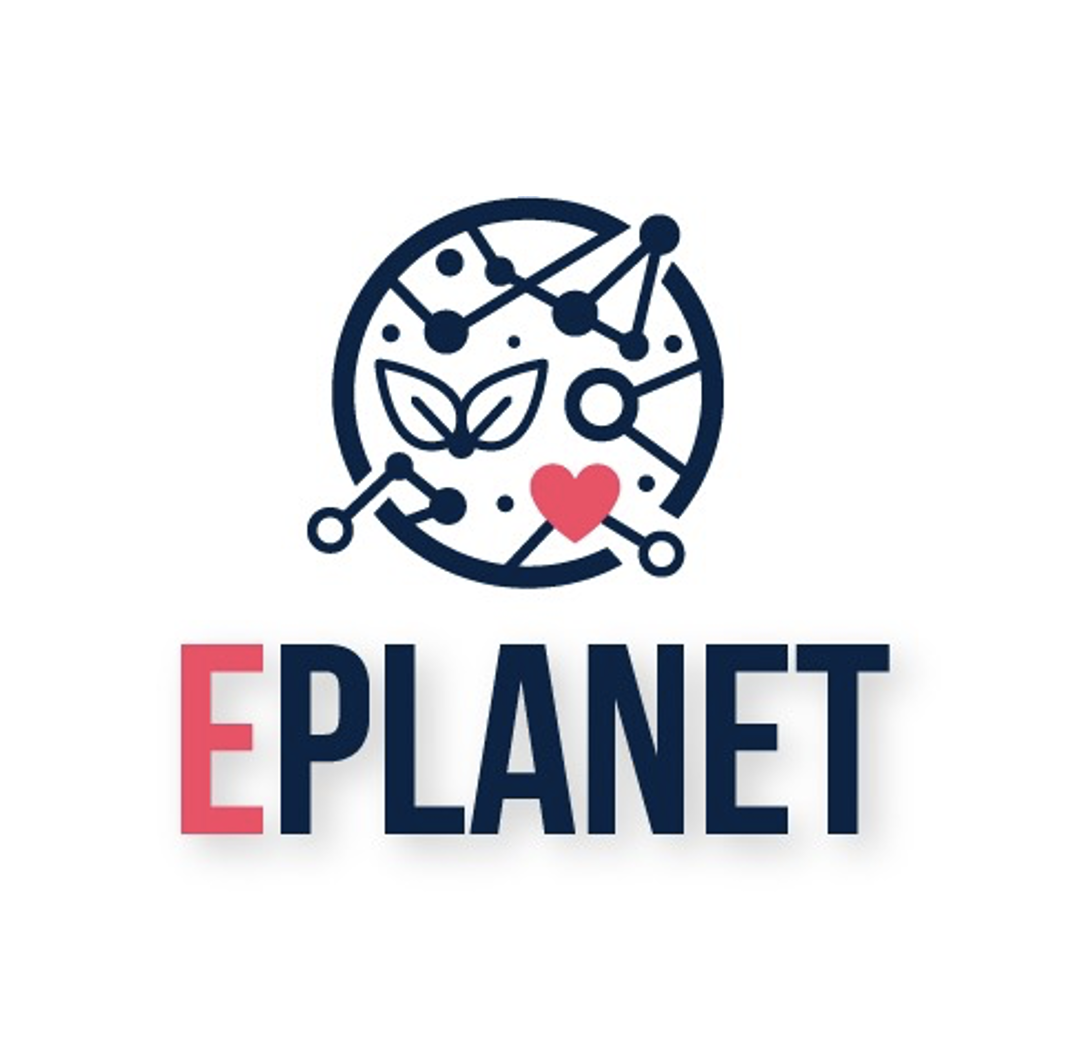ePlanet has officially come to an end! Over its duration, the project made significant strides in addressing the intertwined challenges of sustainability, climate change, and healthcare, while equipping future healthcare professionals (HCPs) with critical knowledge and tools.
Key Achievements
- Comprehensive Educational Resources: ePlanet developed a suite of educational tools, including a competency profile, digital microlearnings, challenge-based modules, an interactive online platform featuring a serious game, and an assessment. These resources enable both self-paced and classroom learning, helping students and educators engage deeply with Planetary Health concepts.
- Collaborative Network: The project fostered strong partnerships within its consortium and beyond, including ties to the European Hub of the Planetary Health Alliance. These networks promise to extend the project’s impact into future endeavors.
- Awareness and Advocacy: ePlanet heightened awareness about Planetary Health among students, educators, and HCPs, contributing to a broader “green wave” in healthcare towards sustainability.
Impact Highlights
Surveys and pilot assessments showed promising results:
- Among 387 undergraduate medical students, 82% believed HCPs have a responsibility to increase sustainability in their professional roles, yet only 24% felt Planetary Health was sufficiently covered in their education.
- An overwhelming 93% of students wanted more education on this topic, and 87% were open to using ePlanet resources to learn more.
- In pilot assessments involving 30 participants across four institutes, the game received an average rating of 7.0.
- 95% found the gamified methodology engaging.
- 89% reported ePlanet helped them connect environmental changes to health impacts.
- 47% said they were more likely to adopt sustainable behaviors after engaging with ePlanet.
Participants expressed enthusiasm for the project’s serious game format and its potential to modernise medical education.
Sustained Impact
Although EU funding has concluded, ePlanet’s materials will remain accessible through its online platform. The consortium has ensured ongoing dissemination through collaborations with organisations and other initiatives like the Erasmus+ CATA-Earth project, which extends ePlanet’s reach to regions such as Bangladesh and Indonesia.
Furthermore, the consortium is exploring new funding opportunities and plans to publish its findings in a peer-reviewed medical journal, showcasing the innovative educational framework developed during the project.
Looking Ahead
While the project has ended, ePlanet’s legacy endures through its resources, partnerships, and public engagement. Its success underscores the vital need for integrating planetary health into medical education to foster a climate-resilient healthcare sector.

